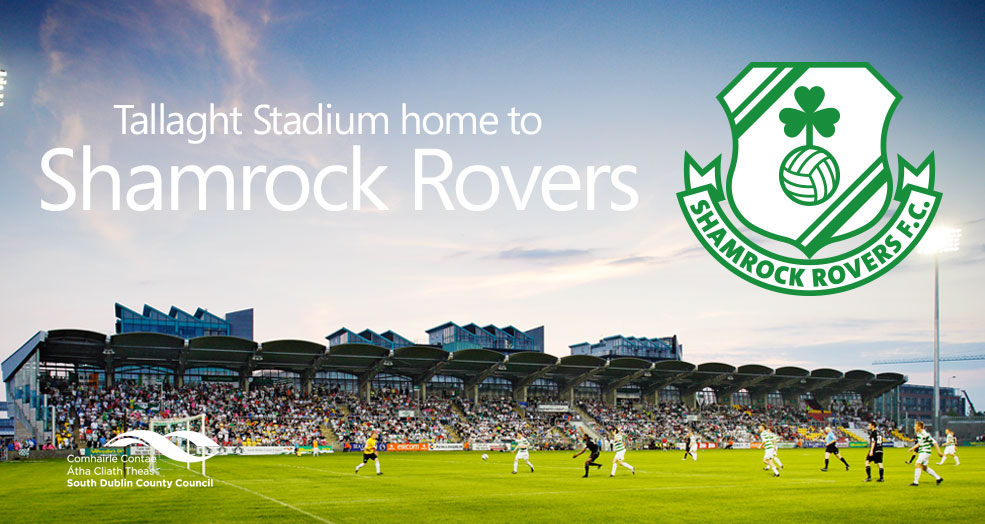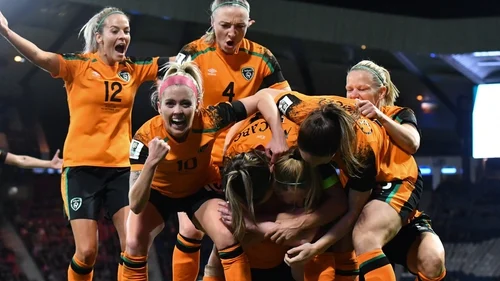
So in the aftermath of the Irish Women’s International team qualifying for the World Cup, there has been a certain amount of controversy about their after-match celebrations in Glasgow.
In the dressing room the team were filmed singing the ‘Celtic Symphony’ a song by the Wolfe Tones that had the chorus ‘ooh ah up the Ra’.
My first thought was simply; ‘why did they upload this to to the internet?’ And secondly; ‘couldn’t they have sung something better’? Why is there a need to bring the memory of violent conflict into a sporting event?
Now, I’m not naïve about this. Sport, as well know, is ritualised warfare. This is deeply hardwired into our DNA. The triumph of our tribe over the opposing one is what it is all about. International sport is this writ large. If I may be permitted a digression, sport, particularly football, is also in a way a form of art, as witnessed by the economy and grace, the beauty even, of Amber Barret’s winning goal against Scotland on the night. But I digress. The heart of sport is a kind of non-violent ritualised conflict.
So in this context it is not surprising that sport and again, particularly international football, lends itself to violent nationalist imagery. It is all about ‘our side’ against theirs. Sports teams do often look to actual combatants, or at least those immortalised in song, as a kind of inspiration. Jack Charlton’s Irish (men’s) international side famously used to pump themselves up before games by playing the rebel ballad ‘Sean South from Garryowen’, which immortalised one of two IRA guerrillas killed in a raid on an RUC station during the ‘Border Campaign’ in 1957. This despite the fact that most of the team of the era were born in England.
Having some experience of Irish football fans culture I can attest that in the past (in the 1980s and 90s for example), rebel songs far more bloodthirsty than either Sean South or Celtic Symphony often got an airing.
Further, the song in question on the night was not nearly so explicitly a celebration of armed violence as ‘Sean South’. ‘Celtic Symphony’ is actually a rather strange and abstract homage to Celtic FC of Glasgow, whose fans call their home ground ‘Paradise’ (the song goes ‘we’re on our way to Paradise’) and references the ‘Jungle’ the now long departed terrace at Celtic Park. It continues that graffiti on the walls of Glasgow says, ‘we’re magic ‘we’re magic’ and also ‘ooh ah up the Ra’. This could, I suppose be taken as a mere description of Celtic fans chanting that slogan (which they did at the time the song was written, 1989) or as an endorsement of the chant. Take your pick.
Contrary to what some have been saying online, ‘up the Ra’ is not a reference to the ‘Old IRA’ of the 1920s that fought a guerrilla war against British rule (and subsequently against the Irish Free State too) as it was not a slogan of that era. ‘Up the RA’ along with ‘Tiocfaidh ar la’ and ‘the Brits’ are products of the Northern Ireland conflict or ‘the Troubles’ roughly 1969-1998 and so ‘the Ra’; referred to the Provisional IRA.
Were the women’s football team theme thinking along such lines when chanting ‘up the Ra’? I strongly doubt it. They were most likely singing a rousing song that combined football and a form of patriotism. I suspect that actual violent conflict (let alone car bombs and shootings of the Troubles) was the last thing they were thinking about.
But in any case, an old debate was wheeled out (certainly online), as it was in late 2020 when a Sinn Fein TD Brian Stanley equated the Kimichael ambush of 1920 with the Warrenpoint bomb attack on British paratroopers in 1978. One could not, one side said, support the actions of the IRA of 1919-21 and not those of the Provisional IRA. On the other, it was retorted that only young people with no actual memory of the Troubles would wish to minimise the suffering caused by the Provisional IRA campaign and compare it with the ‘Old IRA’.
There was also, from a Northern unionist perspective, the view aired that such songs were deeply hurtful and showed how little respect their community and its victims had in the south of Ireland. This of course provoked the response from Northern nationalists of the inconsistency of condemning rebel songs and at the same time celebrating British military or loyalist paramilitary violence. So it goes.
This is not the place to go into the historical comparisons between the IRA of the War of Independence and that of the Troubles. Suffice to say though, that if as the argument goes, savage deeds were done in both periods (this is certainly true) should this not be a cause for regret rather than celebration? Even if one deeply agrees with the cause of Irish independence and united Ireland? If violence was necessary in either period (which we could debate forever without result) does it still need to be revisited verbally at every opportunity?
I personally would also argue that the context to both eras was different and that context is important. If political violence is justified by motivation regardless of the political context, why is there not widespread support for a renewed campaign by the various groups now calling themselves the IRA? And yet virtually no one, including Sinn Fein supports this in the post Good Friday Agreement context.
But this is all beside the point. Rhetorical support for the past actions of (mostly defunct) armed organisations may be on the rise in Ireland but support for political violence certainly is not. The debate over such songs is in part political and linked to the political rise of Sinn Fein. This also signifies to a degree a generation gap, which is fuelled not only by memories of the Troubles but also the perception among young generations that they have not the access to secure careers , home ownership and other vital necessities that previous generations had. This again fuels rhetorical republicanism as a kind of social rebellion.
But finally, there really was a conflict in in Ireland and an IRA and there there really were victims of this organisation, most of the relatives of whom are still alive. Debates about the rights and wrongs of this do not get around it. Rebel songs will always be sung by those with a taste for them. But might it not be good idea for Irish sports teams to find better inspiring songs for themselves to sing in order to avoid all this baggage?
When Brain Kerr became manager of the Irish youth international sides in the 1990s he stopped the playing of rebel songs and instead introduced non-political but rousing songs such ‘Home Boys Home’. Notwithstanding the masculine title of the above, perhaps the Irish women’s team could find a similar replacement?
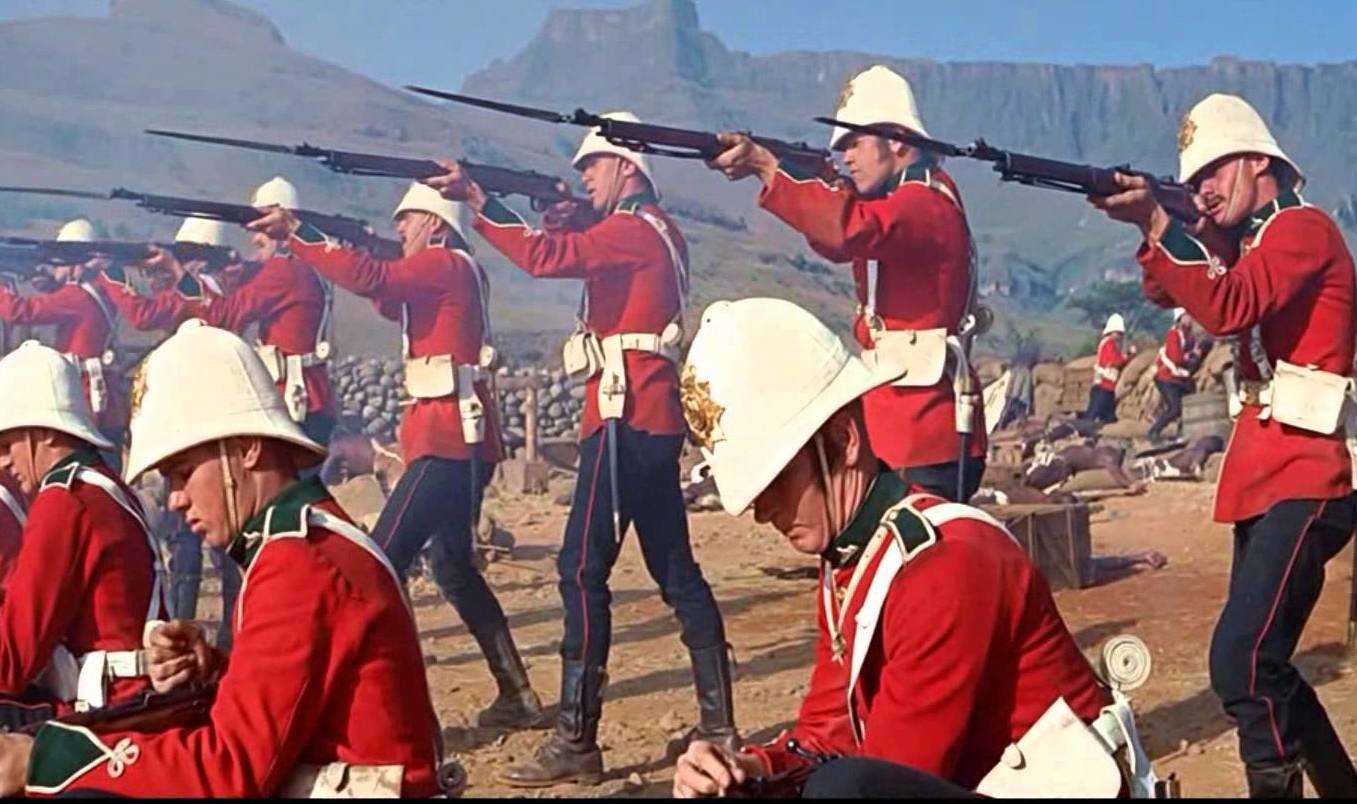
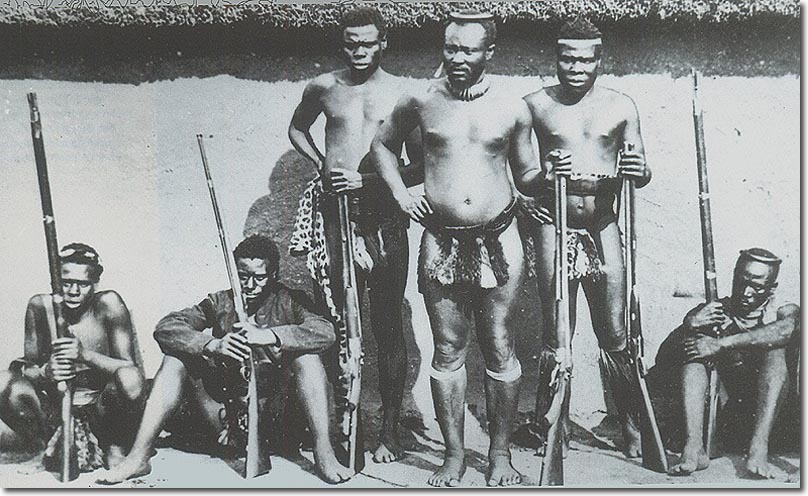
 At his inauguration as President of the United States, Donald Trump spoke of an America few outside the country will have recognised. He spoke of ‘American carnage’ where American jobs had disappeared overseas, where crime ran out of control and inner cities collapsed into ruin.
At his inauguration as President of the United States, Donald Trump spoke of an America few outside the country will have recognised. He spoke of ‘American carnage’ where American jobs had disappeared overseas, where crime ran out of control and inner cities collapsed into ruin. Why Shakespeare, at the time of his 400th birthday, still matters today. By John Dorney
Why Shakespeare, at the time of his 400th birthday, still matters today. By John Dorney
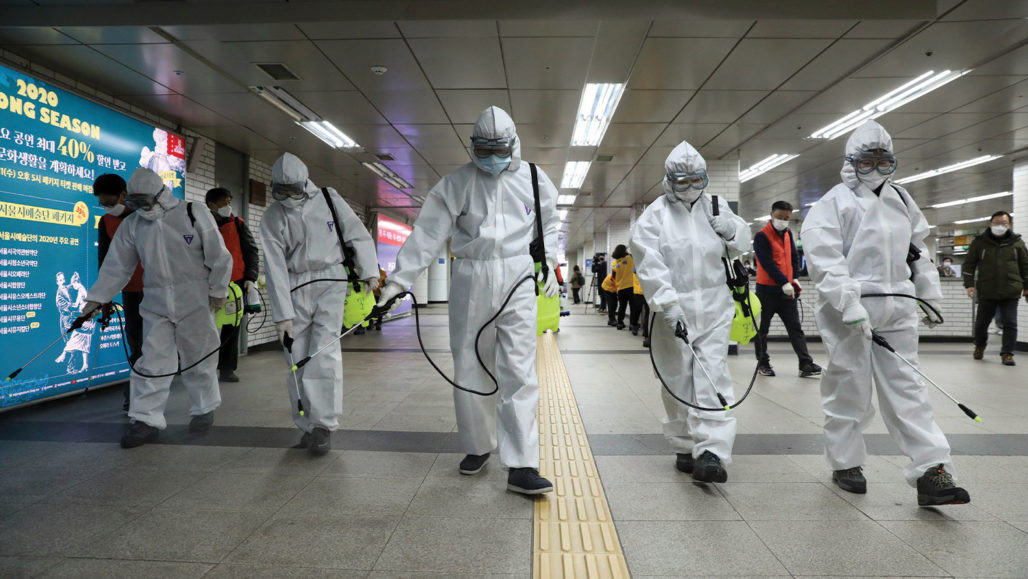
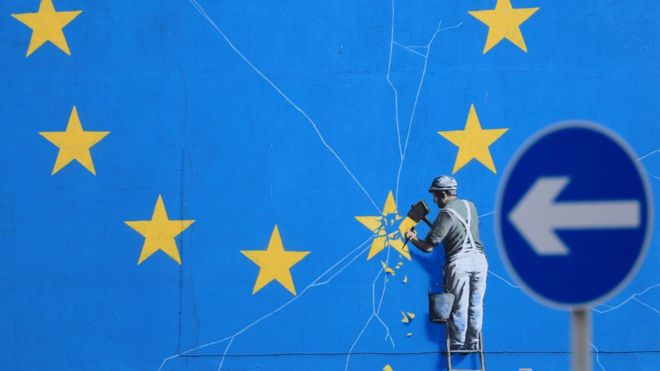 No doubt the world has been waiting with baited breath for my thoughts on Britain’s tortuous efforts to leave the European Union. All two readers of this blog will now have the chance.
No doubt the world has been waiting with baited breath for my thoughts on Britain’s tortuous efforts to leave the European Union. All two readers of this blog will now have the chance.
